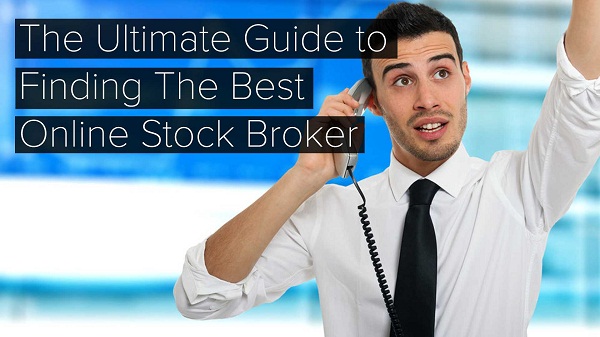The world of online trading is brimming with opportunity for the diligent and dedicated traders. However, getting started can be daunting at first. Finding the right online broker is a basic but foundational step to your success. However, there are a range of companies with different approaches and features; how can you navigate this confusing field to find the right broker for you? Consider these areas and tips for connecting with the ideal partner in the exciting world of online trading:
Trading Tools
First and foremost, the broker should cater to the type of trading you would like to participate in. Will you be day trading, swing trading or trading currencies? Which markets will you be focusing on? Trading tools like Level I and II quotes, financial news feeds, graphs and charts, criteria-based search, watch lists and virtual (practice) trading capability can be invaluable. You should also have access to price risk analytics and customizable tools to further personalize the experience.
Speed and Accuracy
Speed and accuracy are of paramount importance to day traders, as some trades may only last for a few seconds. If this is your trading style, execution is key, so make sure the broker you choose is known for speed and accuracy. Check user reviews and investigate the broker’s own history and guarantees for uptime, speed and accuracy.
Consider Fees and Commissions
All brokers charge fees and commissions to use their services, but make sure the broker you choose charges fair rates and offers plenty of value for the money. If fees are excessive or weighted against your trading strategy, your profits will inevitably be eroded. There will likely be differing rates and structures for standard market trades, option trading and limit trades as well as margin rates. Broker assisted orders will cost even more, and rates can vary based upon your trading volume (or lack thereof.) Choose a broker with rates that favor your trading style, type, markets and frequency. Familiarize yourself with any potential penalties such as inactivity charges or transfer fees.
Ease of Use
A user-friendly interface is very important as well, especially if you are new to the trading world and are just learning. The website and user interface should be straightforward and easy to navigate. It should be simple to place, track and research orders. Easy access to tutorials, a help desk and user forums should be provided as well. There should also be access to relevant information and a seamless ability to search and expand your knowledge base.
Need Mobile?
Does the broker offer a high quality mobile trading platform? In this day and age of smartphones and tablets, they should. If you plan to trade on the go or want reliable access to your accounts from anywhere, make sure the broker you select is on board with the latest in reliable mobile technology so that you’re always covered.
Security
Verify the reputation and security of any broker you are considering. They should offer multi-layered security systems and be a member of the Federal Deposit Insurance Corporation (FDIC), Financial Industry Regulatory Authority (FINRA) and the Securities Investor Protection Corporation (SIPC).
Multiple Markets?
Verify that the online broker you choose offers access to all of the markets you wish to trade. If you will only be trading U.S. markets, you’ll have a range of brokerage options; however, if you wish to trade in international markets around the world, these may not be accessible to some brokers. Make sure you understand the risks and tax implications of trading in international markets.
Investment and Retirement Accounts?
If you want to do longer-term investing for personal or retirement accounts, it’s often beneficial to choose a broker that can meet your needs in all of your desired areas. There can be fee and commission reductions for making a broker your one-stop trading and investing solution. If you’re interested in products like mutual funds, options, OTC stocks, bonds, exchange traded funds (ETFs), treasuries, CD’s, futures, IPOs, Forex or education saving plans, research these areas with the online broker you are considering. Retirement account options might include an Individual 401(k), Traditional IRA, Rollover IRA, Roth IRA, Simple IRA or SEP IRA. Research any and all fees that might be related to these accounts before signing on.
Banking
If you wish to have banking services connected with your broker, do your homework in this area as well. You should be able to get some good interest rates as well as banking features and reduced banking fees with some of the better companies.
Support
Verify that the broker you choose has a high-quality customer service and support system with access by email, live chat and telephone with 24/7 availability.
The world of online trading is rich with potential, and an ideal partner can help make the experience even more rewarding. Consider these key areas carefully when making your decision about an online stock broker for trading.
